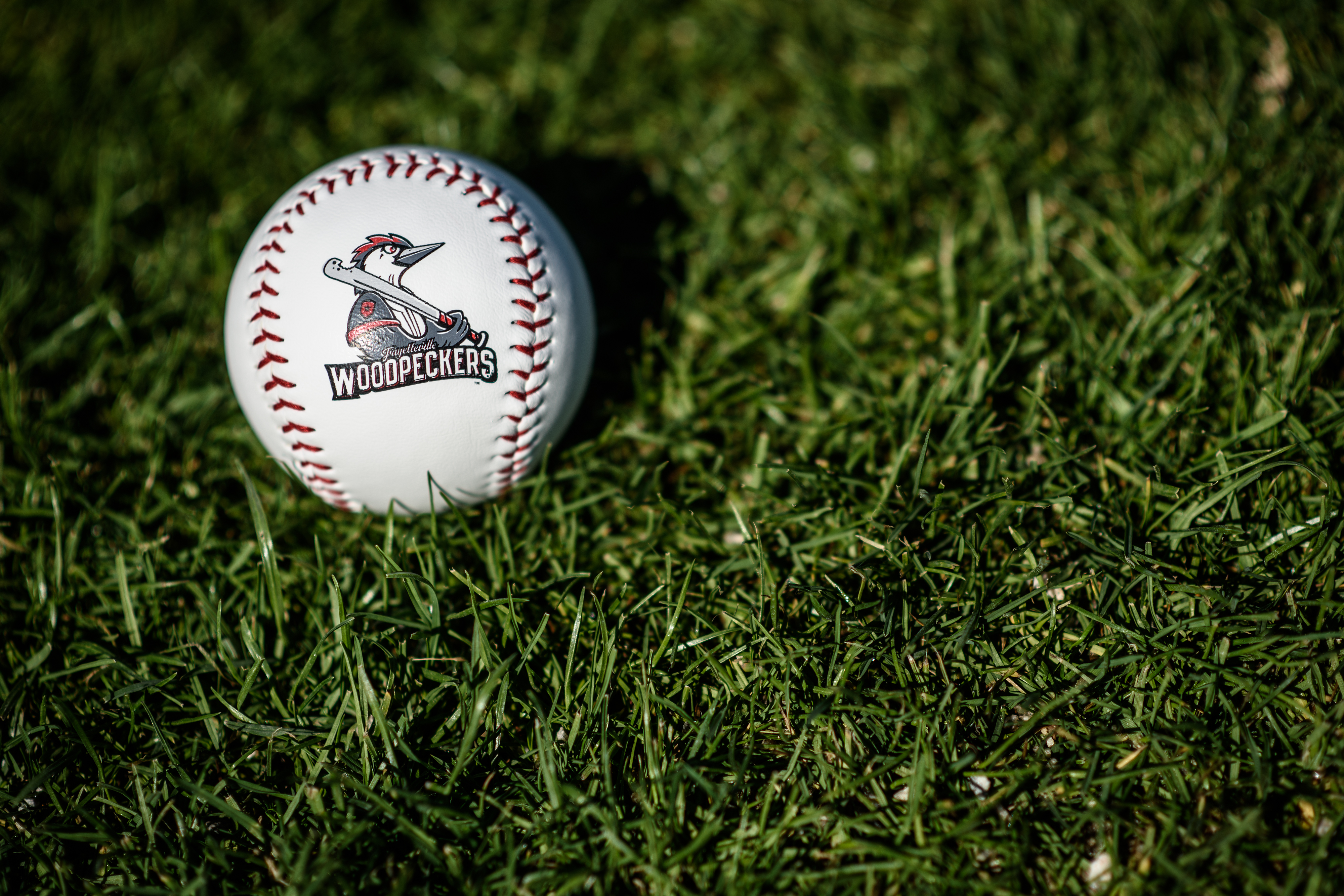
Why the Woodpeckers?
Picking the team name for a minor league baseball franchise should be as simple as tapping into your imagination, right?
Well, not in this day and age when establishing a catchy moniker can be a valuable publicity tool and a major source of income through retail sales of licensed merchandise.
For the Fayetteville Woodpeckers, the process was nearly a two-year ordeal involving a name-the-team contest, listening to much debate on social media and some intense marketing research and development.
The first stage began soon after the Houston Astros signed a 30-year lease in December 2016 to make Fayetteville and a $40 million downtown stadium the home for a new Advanced A Carolina League franchise. The name-the-team contest was launched in March 2017, and more than 1,300 responses were submitted. The possibilities were narrowed to 40, after which a trademark search eliminated fan favorites such as Iron Mikes, Bambinos and Highlanders.
VIDEO: What team name would you pick?
A list of finalists announced in June 2017 prompted a range of responses from the public. Some in Fayetteville’s diverse population didn’t understand the Southern association with the “Fatbacks,’’ while other favored “Jumpers’’ due to the community connection to Fort Bragg’s famed 82nd Airborne Division that specializes in parachute assault operations.
Fly Traps, Wood Dogs and Woodpeckers were the other finalists.
The Astros’ marketing department then went to work researching potential logos and other branding possibilities for each name. The club eventually submitted both Fatbacks and Woodpeckers in applications to the U.S. Patent and Trademark Office in October 2017.
“Determining a team name is absolutely not an easy decision,” said the team president, Mark Zarthar. “We considered a variety of sources to inform our decision and make the best possible one for our team and the entire city of Fayetteville.″
More than a year would pass before Woodpeckers was revealed as the team name during a celebration at Festival Park on Nov. 4, 2018.
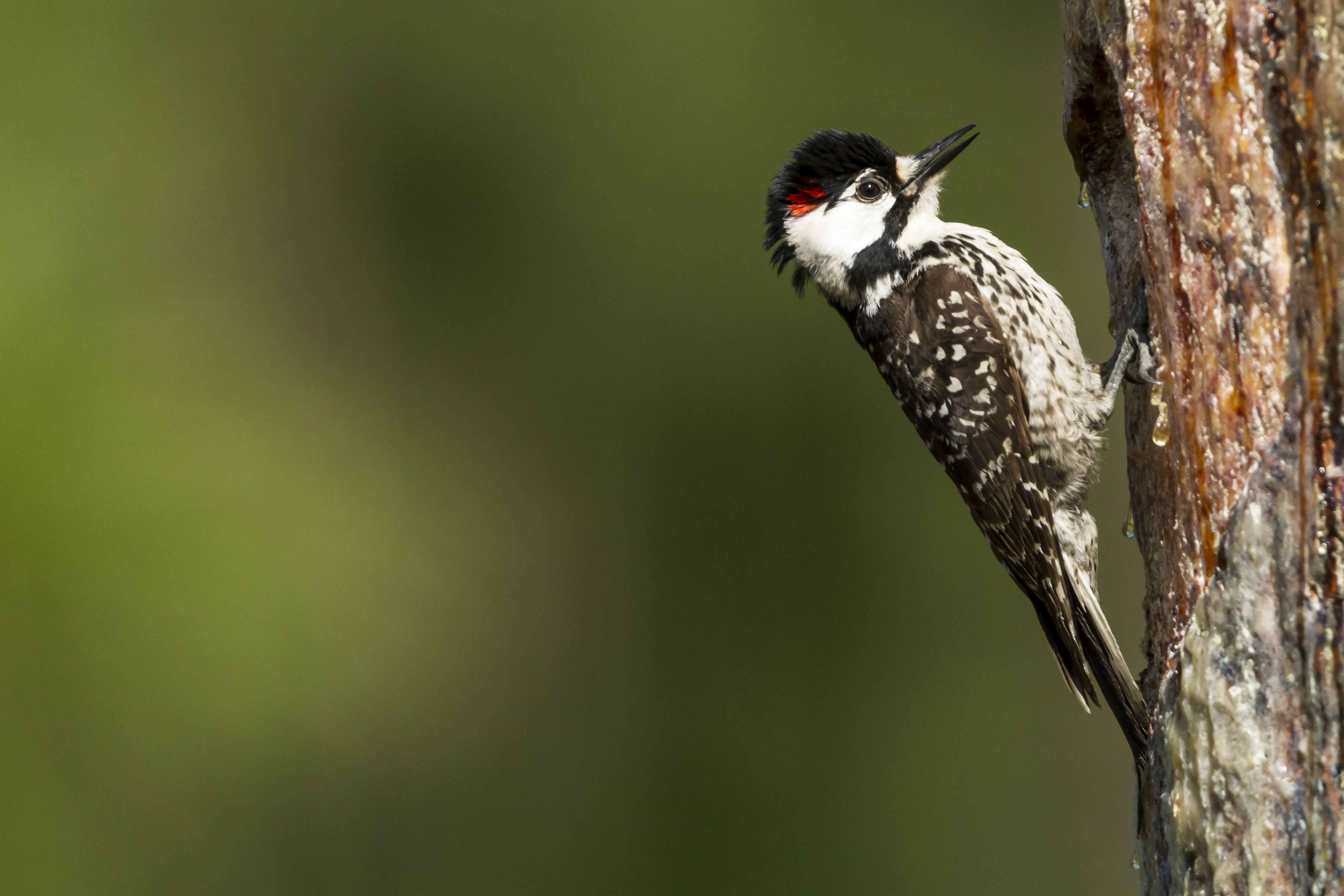
No ordinary bird
The team was named for the red-cockaded woodpecker, which is a protected species in Fort Bragg's longleaf pine forests. The small bird has a long history in the Sandhills, which has the second highest population in the country.
The birds are small, but they are tough and resilient — rather like Fayetteville. “They are also vital to their habitat, which is what you can say about the city of Fayetteville,” Zarthar has said.
Historically, the woodpeckers covered a vast territory across the central and eastern half of the country. They made their homes in longleaf pines that were at least 80 years old and loblolly pines that were at least 70 years old. An estimated 1 million to 1.6 million family groups were across 90 million acres of pines.
[READ: Red-cockaded woodpecker has long history in region]
But as the forests were cut down for lumber and cleared for other uses, the woodpeckers declined. Nationally, an estimated 18,000 to 19,000 red-cockaded woodpeckers are living in 7,000 to 8,000 clusters.
These numbers are improving, but the bird remains on the federal Endangered Species List.
After the woodpecker was put on the list in 1970, the Army found itself in conflict with the bird at Fort Bragg and nearby Camp Mackall. Bragg, with its old-growth pine forest training areas, was one of the few places left in the country where the woodpeckers were able to sustain their populations without human assistance.
Training operations at Fort Bragg were restricted in the 1990s because of the woodpecker situation. There was concern that Bragg would have to move.
But the Army and conservationists found a mutually beneficial solution. The Army managed the land for the needs of the woodpeckers and the longleaf pine trees they lived in, and in turn that helped make the forests more suitable for the Army's training needs.
For example, fires are set in the woods to burn out undergrowth and accumulations of forest litter like pine needles and leaves. This keeps the ground clear for the longleaf pine's seeds to reach the soil and germinate.
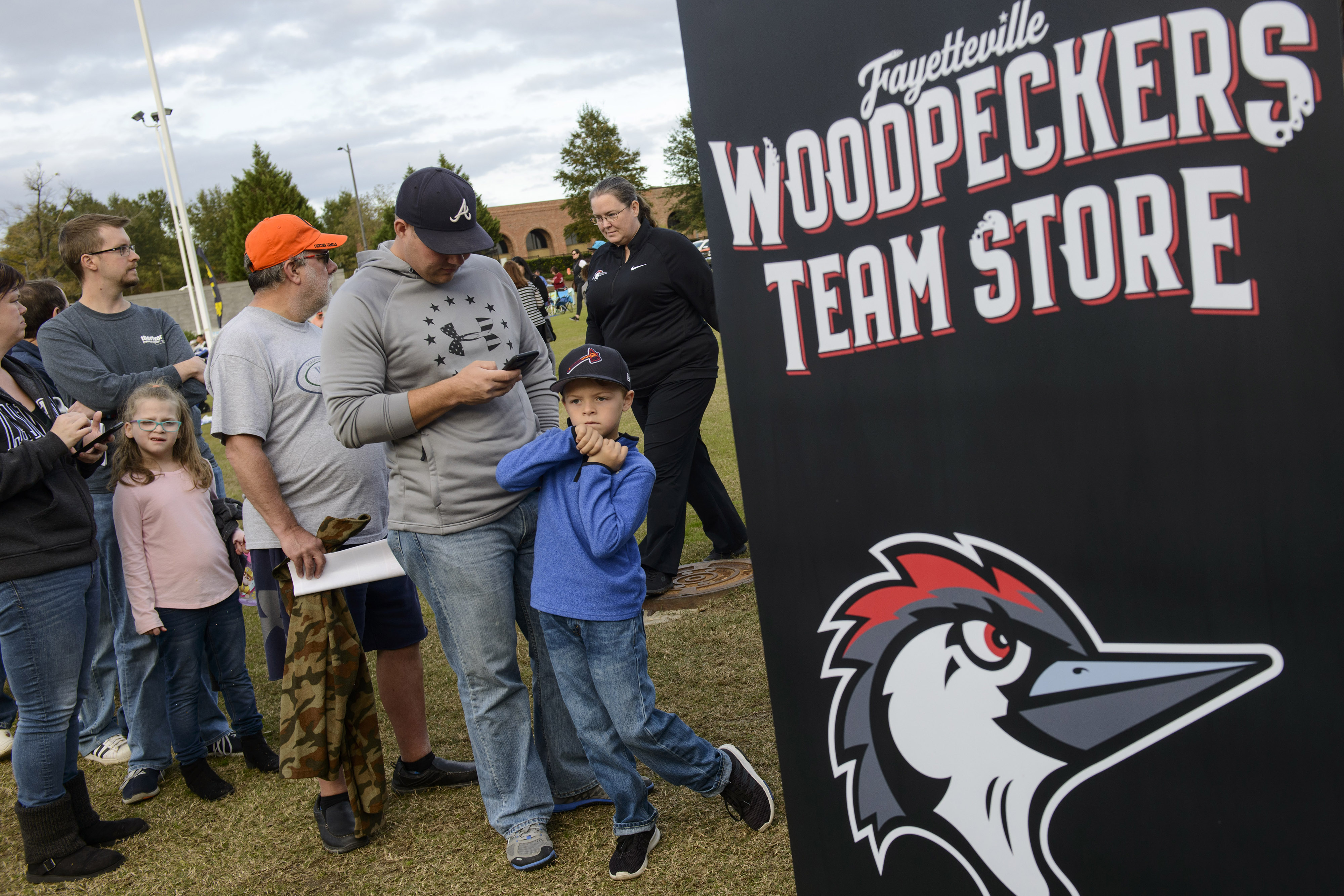
Fan reaction
Birds tend to sell well in other baseball markets, such as with the Cardinals, Orioles and Blue Jays.
Still, the choice of the Woodpeckers wasn't universally praised at first.
“Our expectation is for the community to have mixed reviews at first,’’ Zarthar said. “If our team name was 100 percent favorable, it would mean that we played it too safe and generic.’’
[READ: Fans react to Woodpeckers as baseball team name]
The reactions were mostly positive based on the large number of fans attending the November celebration at Festival Park, many of whom stood in a lengthy line that day to secure Woodpeckers merchandise.
Ticket sales a month before the 2019 season opener had already topped 125,000, which is 100,000 more than the team drew in the two years playing in Buies Creek while waiting for the stadium to be completed in Fayetteville.

Meet the voices of the Woodpeckers
Matt Sabados will be the first "Voice of the Woodpeckers," joined in the booth by Maura Sheridan, who will be the fifth woman broadcaster in minor league baseball.
Sabados spent the 2018 season in Allentown, Pennsylvania, as a studio host and broadcast intern for the Lehigh Valley IronPigs. He will be the primary play-by-play voice for all 140 Woodpeckers regular season games.
He spent the 2017-18 academic year as assistant director of athletic communications at the University of North Carolina at Pembroke, where he handled play-by-play duties for all college sports and also produced and edited video elements for the department, including YouTube videos and a regional 30-minute sports update show.
The St. Louis native spent two years behind the scenes at KMOX 1120 AM, the flagship station of the Cardinals and Blues. He earned his bachelor's degree in mass communications with an emphasis in broadcasting at Lindenwood University in St. Charles, Missouri, in 2017.
Sheridan is a graduate of Syracuse University and comes to Fayetteville after serving as the play-by-play voice for the University of Vermont women's basketball team.
The Vermont native handled all aspects of the live broadcast and helped the sports information department.
Prior to working with the Catamounts, Sheridan spent a summer with the Cape Cod League, a collegiate summer baseball league, calling games over the radio and on television, and serving as an on-field reporter for the Brewster Whitecaps.
She served in multiple roles during her four years at Syracuse, appearing on broadcasts for lacrosse, field hockey and basketball.
Fans can hear Sheridan and Sabados call every pitch of the 2019 campaign online through TuneIn and MiLB.TV at FayettevilleWoodpeckers.com.
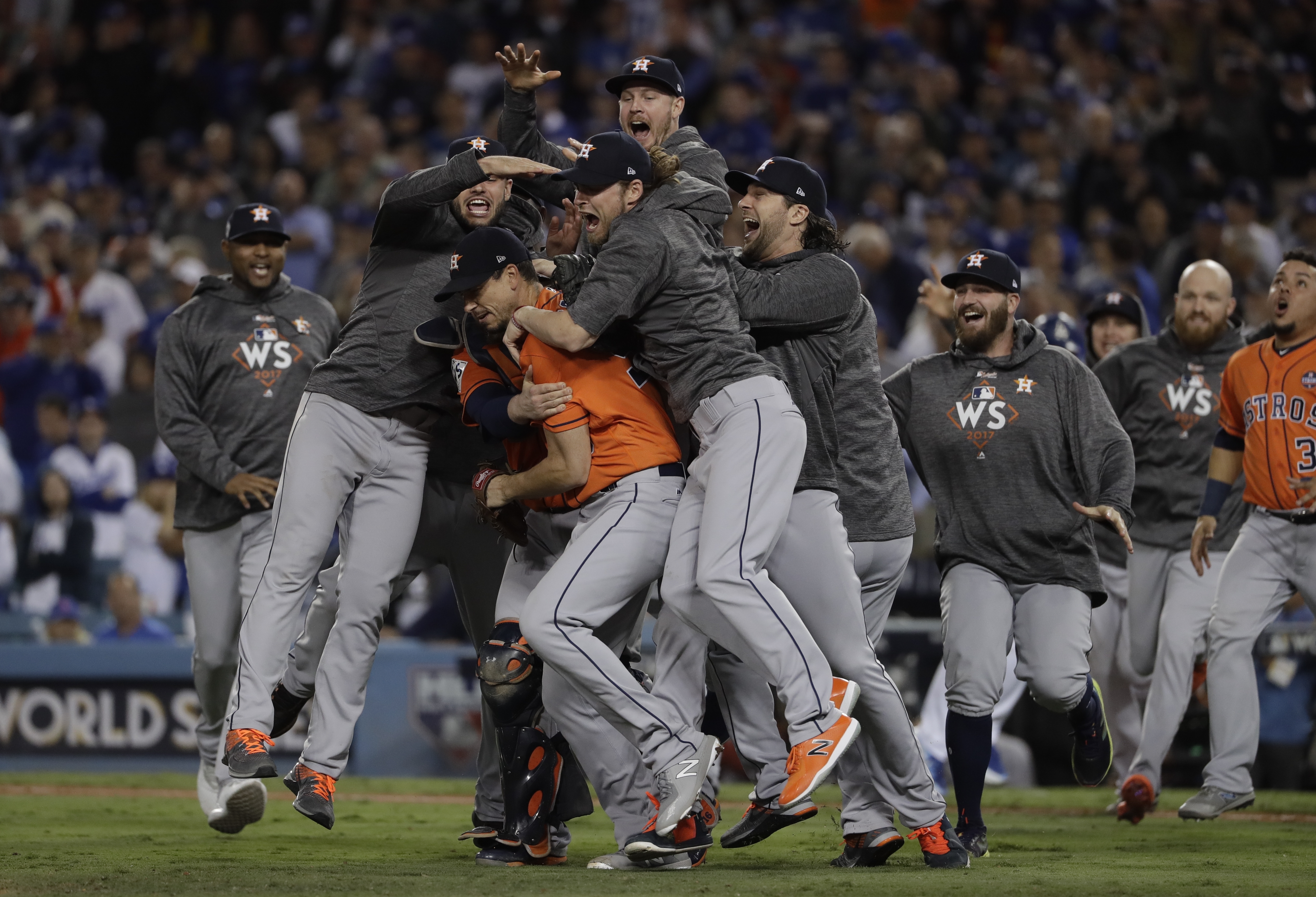
The Houston Astros: Six decades of baseball history
Houston was awarded a Major League Baseball franchise on Oct. 17, 1960. The Colt .45s began operation in 1962, the same year the New York Mets joined them as members of the National League.
In 1962, construction began on the $15 million Astrodome, and the Colt .45s played their first three seasons in an open-air facility on an adjacent plot. Colt Stadium held 32,000 people, and ticket prices ranged from 50 cents for "kids under 16" to $3.50 for the prime seats. Houston won its first MLB game on April 10, 1962, when it defeated the Chicago Cubs 11-2.
Some of Houston's minor leaguers in 1962 played for Durham in the Carolina League.
The Colt .45s was the team's name until the Astrodome was completed, and the franchise has been known as the Astros since 1965. Rookie Joe Morgan, a future Hall of Famer, set team records for at-bats, runs, hits and triples. The team had a 64-96 record and finished eighth in the 10-team National League.
Astros pitchers have thrown 11 no-hitters in the team's 57-year history: Don Nottebart, 1963; Ken Johnson, 1964; Don Wilson, 1967 and '69 (one night after Houston had been no-hit by Cincinnati); Larry Dierker, 1976; Ken Forsch, 1979; Nolan Ryan, 1981; Mike Scott, 1986; Darryl Kile, 1993; and Mike Fiers, 2015, in the first no-hitter pitched at Minute Maid Park. The other no-hitter came in 2003, when Roy Oswalt, Peter Munro, Kirk Saarloos, Brad Lidge, Octavio Dotel and Billy Wanger combined for the final no-hitter thrown at the original Yankee Stadium.
Other Astros highlights include:
• 1983: Ryan passes Walter Johnson as baseball's all-time strikeout leader.
• 1985: Ryan becomes the first player to record 4,000 strikeouts.
• 1970: Three players bat over .300: Cesar Cedeno, .310,; Jesus Alou, .306; and Denis Menke, .304.
• 1973: Cedeno becomes the first MLB player to steal 50 bases and hit 20 home runs in consecutive seasons.
• 1978: J.R. Richard becomes the first NL righthander to strike out 300 batters in a season (303), then ups that number to 313 the next year.
• 1985: Jose Cruz reaches the 2,000-hit plateau.
• 1986: Mike Scott becomes Houston's first Cy Young Award winner (2.22 ERA, 18 wins, 306 strikeouts) as the Astros claim their first divisional title.
• 1991: Jeff Bagwell is the first Astro chosen the BBWAA Rookie of the Year.
• 1992: Craig Biggio becomes first player to make the All-Star team as a catcher (1991) and second baseman ('92).
• 1994: Bagwell becomes the first Houston player chosen NL MVP.
• 1999: The Astros win the NL Central crown in the final season at the Astrodome.
• 2000: Enron Field opens and Bagwell sets franchise records with 47 homers, 152 runs scored.
• 2001: As the Astros win their division for the fourth time in five years, Bagwell becomes the sixth player in MLB history to have 30 homers, 100 RBIs and 100 runs in six straight seasons.
• 2002: Enroe Field is renamed Minute Maid Park.
• 2003: Six Astros pitchers no-hit the Yankees 8-0.
• 2004: Roger Clemens wins his seventh Cy Young Award.
• 2005: The Astros advance to World Series for the first time, but are swept by White Sox.
• 2007: Biggio becomes the 27th player to join 3,000-hit club. He retires with 3,060 hits, and a record 285 hit by pitches, the most in modern baseball history.
• 2008: Jose Valverde leads the NL with 44 saves, and the Astros commit 67 errors — the least for an NL team in a non-strike season.
• 2012: The Astros' final season in the NL, and they set a franchise record with 107 losses.
• 2014: Jose Altuve leads MLB with a .341 batting average and 225 hits, and tops in the American League in steals (56).
• 2015: Though shortstop Carlos Correa doesn't make his debut until June 8, he wins the AL Rookie of the Year award after batting .279 with 22 homers and 68 RBIs.
• 2015: Biggio, who played 1988-2007 for the Astros, is inducted into the Hall of Fame and is the first such player to be depicted in an Astros uniform on his plaque. He was a .281 career batter who hit 291 homers, drove in 1,175 runs, stole 414 bases and was a seven-time All-Star and four-time Gold Glove award winner.
• 2017: The team wins 101 games to capture the AL West. It beats Boston and New York in the playoffs, then tops the Los Angeles Dodgers in seven games to claim the World Series title. That's the same year that Bagwell, who spent his entire 15 years in MLB in an Astros uniform, is inducted in the Baseball Hall of Fame (hit .297, 2314, 449 HR, 1,529 RBIs, four-time All-Star, 1994 NL MVP).
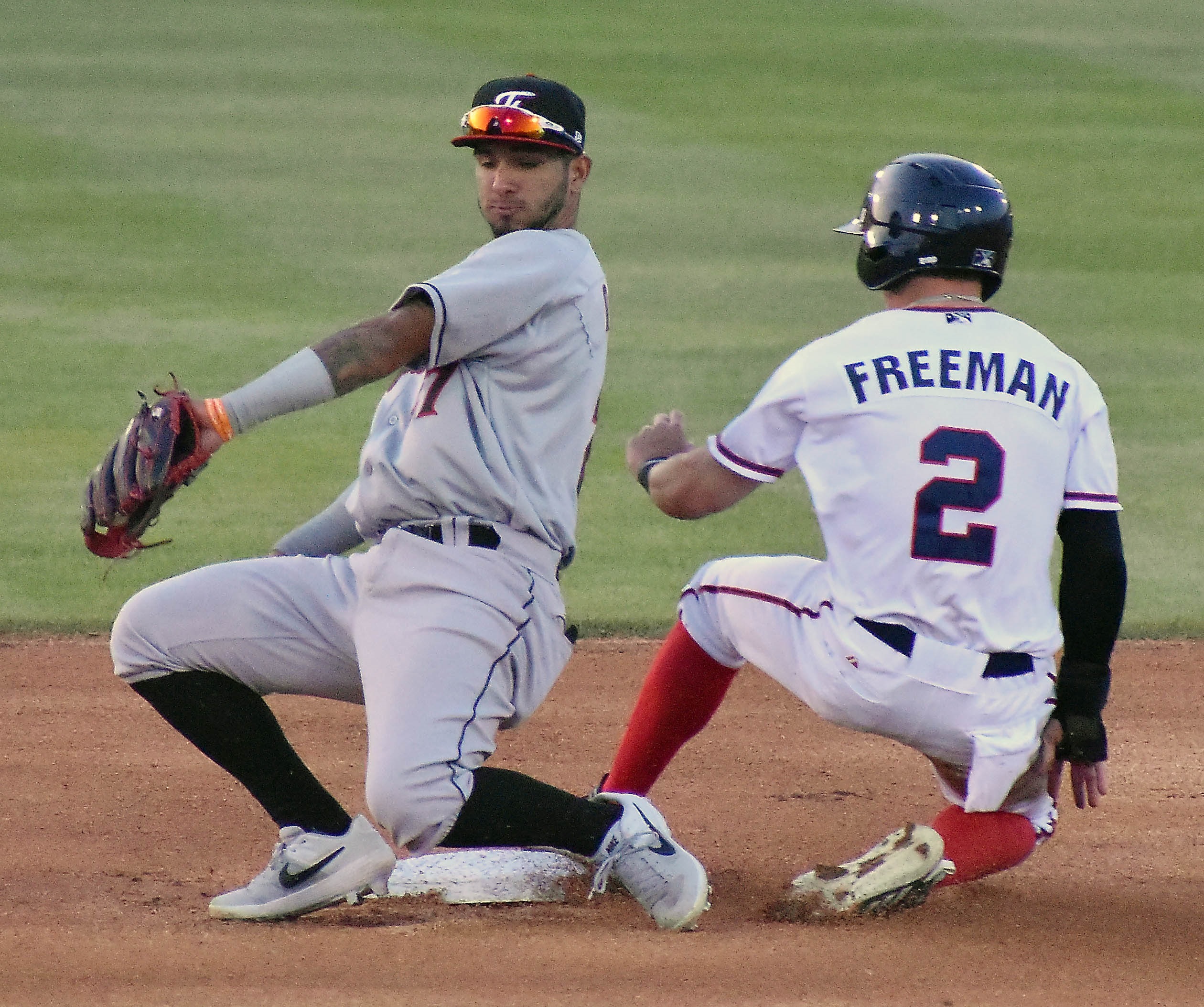
Meet the Fayetteville Woodpeckers' competition
Here's a snapshot of the other teams in the Carolina League
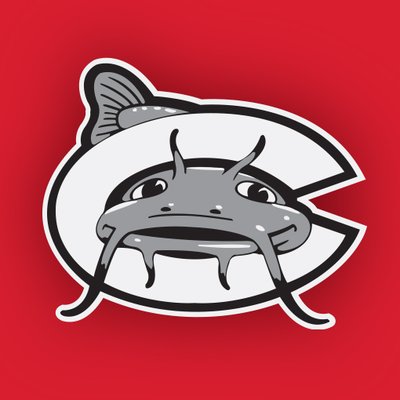
CAROLINA MUDCATS
• Location: Zebulon
• Stadium: Five County Stadium (Capacity: 6,500)
• Major League affiliate: Milwaukee Brewers
• Mascot: Muddy
• Of note: The franchise originated in 1978 as the Kinston Eagles, then moved to Zebulon in 2012.
• Notable alumni: See Down East's Kinston players.
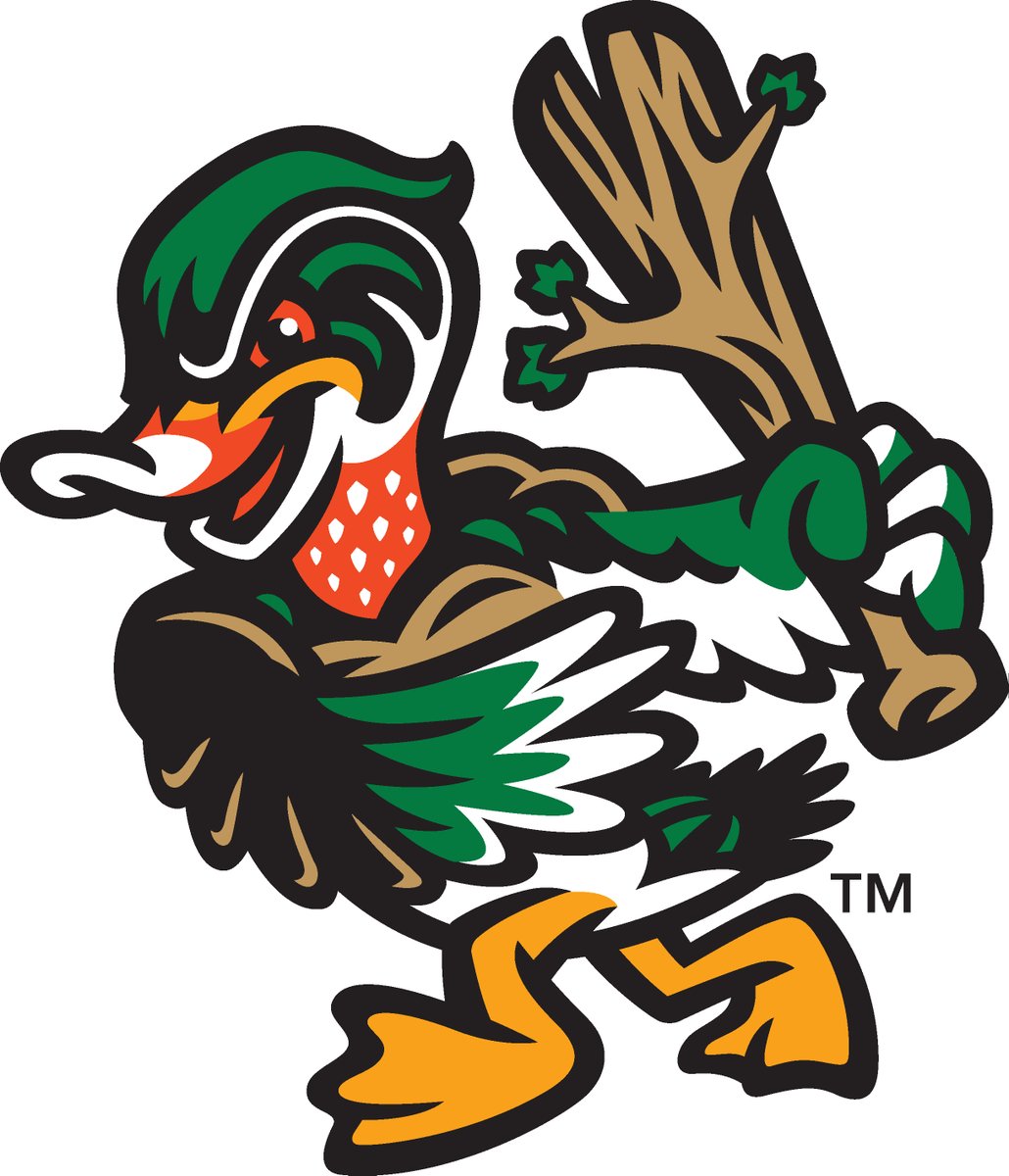
DOWN EAST WOOD DUCKS
• Location: Kinston
• Stadium: Grainger Stadium (Capacity: 4,100)
• Major League affiliate: Texas Rangers
• Mascot: DEWD
• Of note: Kinston has been home to 11 MLB farm teams, and pro baseball in the city dates to 1908.
Notable alumni: Albert Belle, Pat Borders, Bartolo Colon, Cecil Fielder, Tony Fernandez, Fred McGriff, Victor Martinez, Manny Ramirez, C.C. Sabathia, Jim Thome
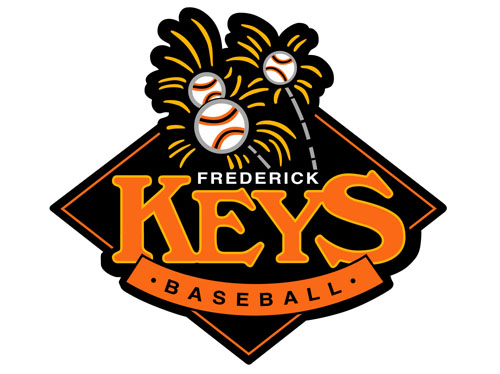
FREDERICK KEYS
• Location: Frederick, Maryland
• Stadium: Harry Grove Stadium (Capacity: 5,400)
• Major League affiliate: Baltimore Orioles
• Mascots: Frank Key, Keyote
• Of note: The Keys have been in business since 1989 after previously operating as the Hagerstown Suns from 1981-88.
• Notable alumni: Andy Van Slyke, Nick Markakis, Manny Machado
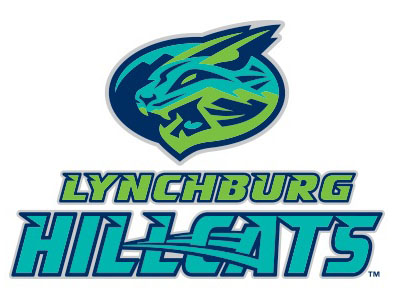
LYNCHBURG HILLCATS
• Location: Lynchburg, Virginia
• Stadium: Calvin Falwell Field (Capacity: 4,281)
• Major League affiliate: Cleveland Indians
• Mascot: Southpaw
• Of note: Pro baseball in Lynchburg dates to 1894. The Hillcats have been in town since 1995 and won the 2017 Carolina League championship after having been the runner-up the previous season.
Notable alumni: Jose Bautista, Bronson Arroyo, Jose Guillen, Trot Nixon, Randy Myers, Dwight Gooden, Kevin Mitchell, Darryl Strawberry, Jeff Reardon
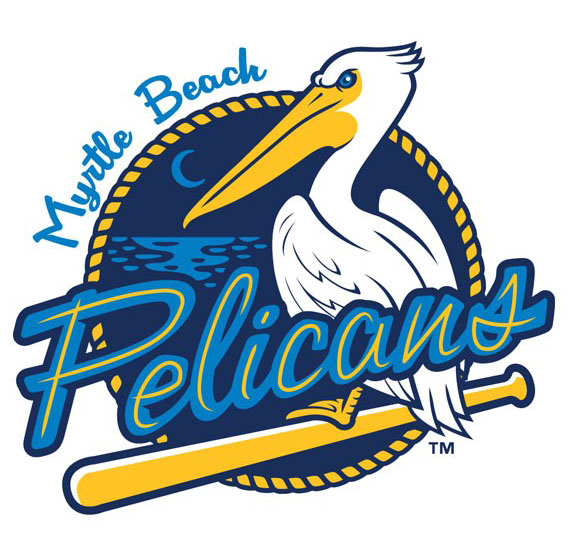
MYRTLE BEACH PELICANS
• Location: Myrtle Beach, South Carolina
• Stadium: Pelicans Ballpark (Capacity: 6,599)
• Major League affiliate: Chicago Cubs
• Mascot: Splash
• Of note: The team began operation in 1999 as an Atlanta Braves affiliate, then changed to Texas from 2011-14 before hooking up with the Cubs.
• Notable alumni: Elvis Andrus, Freddie Freeman, Jason Heyward, Craig Kimbrel, Brian McCann, Adam Wainwright
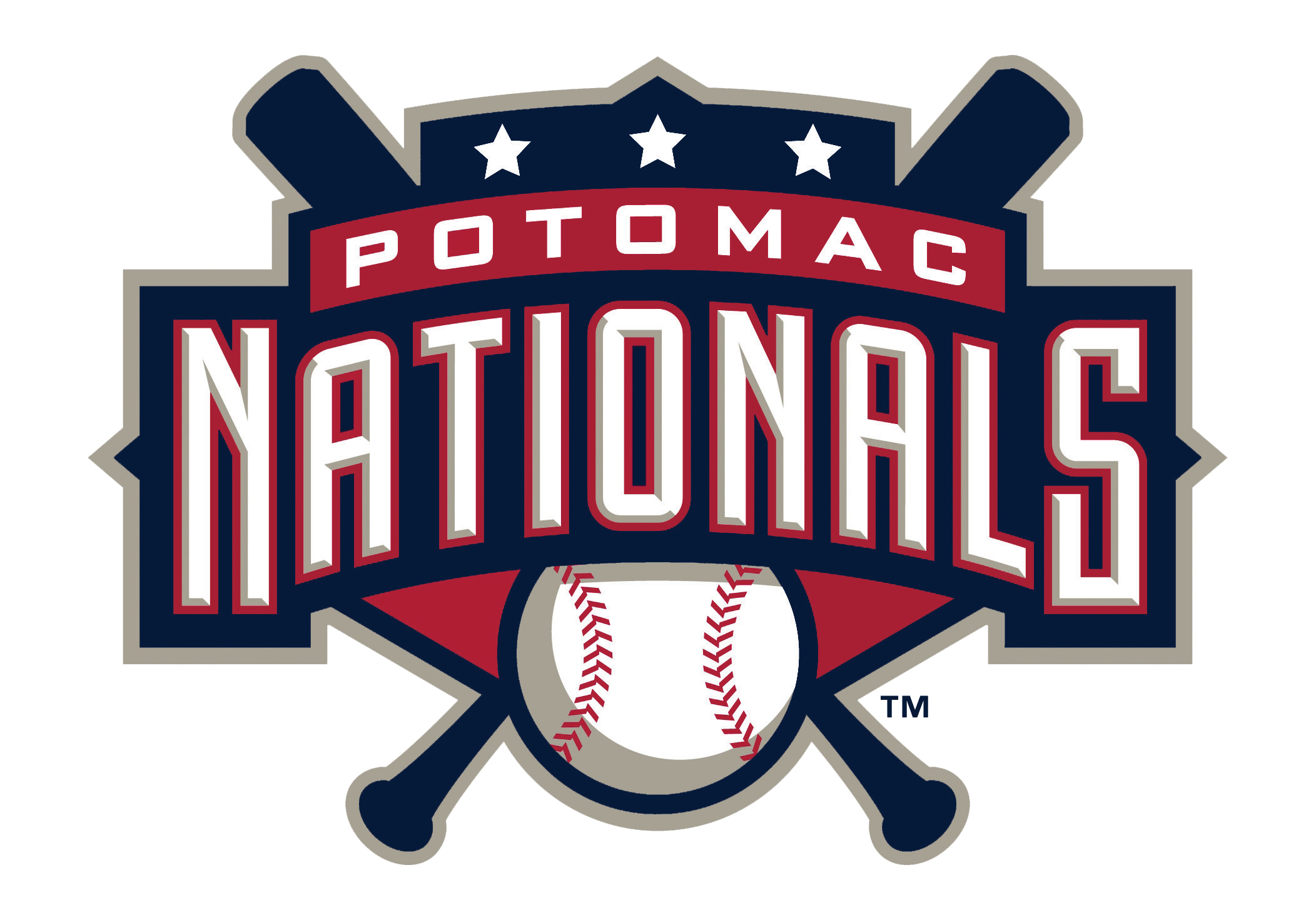
POTOMAC NATIONALS
• Location: Woodbridge, Virginia
• Stadium: Pfitzner Stadium (Capacity: 6,000)
• Major League affiliate: Washington Nationals
• Mascot: Uncle Slam
• Of note: The franchise dates back to 1984 as part of the Pittsburgh organization. It has been Washington's high-A farm club since 2005. Also, pitcher Sterling Hitchcock, who was the MVP of the 1998 National • League Championship Series while with San Diego, was born in Fayetteville.
• Notable alumni: Albert Pujols, Barry Bonds, Andy Pettitte, Joey Votto, Coco Crisp, Maglio Ordonez, Jorge Posada, Bernie Williams
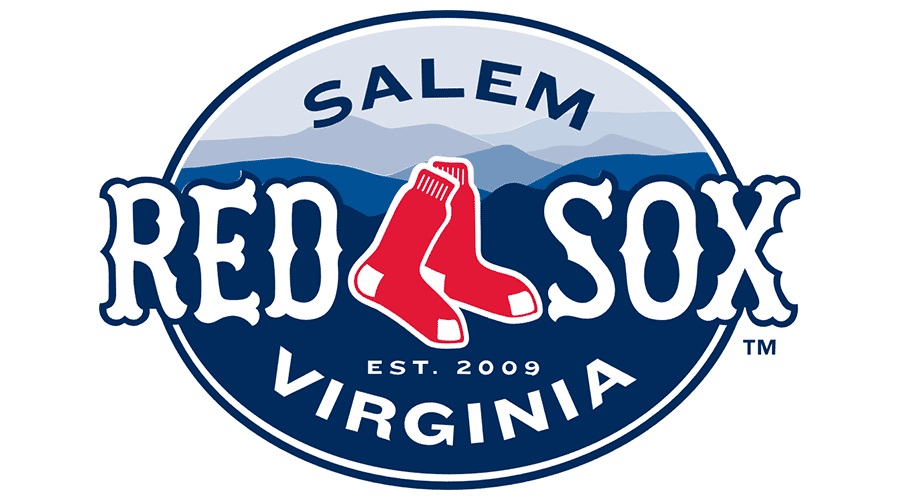
SALEM RED SOX
• Location: Salem, Virginia
• Stadium: Salem Memorial Ballpark (Capacity: 6,300)
• Major League affiliate: Boston Red Sox
• Mascots: Mugsy, Misty
• Of note: Salem has been part of the Carolina League since 1968, including a stint under the Astros umbrella from 2003-08. It has been Boston's high-A team since 2009.
• Notable alumni: Mookie Betts, Matt Holliday, Omar Moreno, Dave Parker, Orlando Cepeda, Moises Alou, Art Howe, Jason Kendall
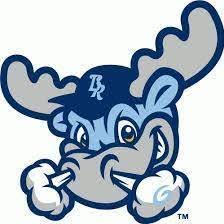
WILMINGTON BLUE ROCKS
• Location: Wilmington, Delaware
• Stadium: Daniel S. Frawley Stadium (Capacity: 6,404)
• Major League affiliate: Kansas City Royals
• Mascots: Rocky Bluewinkle, Mr. Celery, Rubble
• Of note: The team's lineage began in Hampton, Virginia, as the Peninsula Pilots until new owners moved it to Wilmington in 1993. More than 130 Blue Rocks have made it to the big leagues.
• Notable alumni: Carlos Beltran, Johnny Damon, Zack Greinke, Jacoby Ellsbury, Eric Hosmer, Mike Moustakas
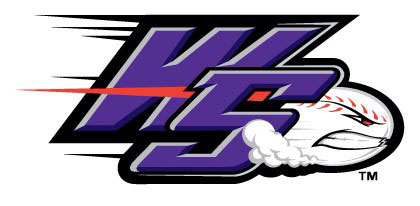
WINSTON-SALEM DASH
• Location: Winston-Salem
• Stadium: BB&T Ballpark (Capacity: 5,500)
• Major League affiliate: Chicago White Sox
• Mascot: Bolt
• Of note: The franchise was known as the Warthogs from 1995-2008. Pro baseball in Winston-Salem goes back to 1905 with a team in the Virginia-North Carolina League.
• Notable alumni: Wade Boggs, Earl Weaver, Cecil Cooper, Dwight Evans, Jim Lonborg, Vic Wertz, Wilbur Wood, Chris Sale, Van Mungo, Sparky Lyle